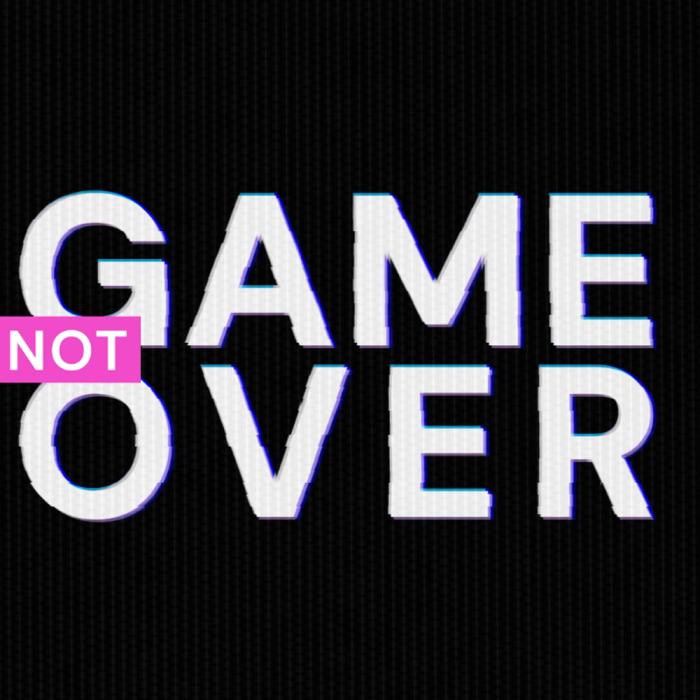
Executive summary
The International Video Game Preservation Survey, conducted by the NFSA in collaboration with The Strong’s International Center for the History of Electronic Games and supported by the BFI National Archive, sheds light on the state of video game preservation worldwide. Despite the cultural significance of video games, much of their history remains inaccessible. The survey identified key challenges, including limited resources, legal and technical barriers, and the need for better collaboration and expertise. Findings emphasise the importance of ongoing efforts to preserve video games, highlighting the necessity for regular surveys to track trends and changing priorities. As digital distribution and cloud streaming expand, understanding how organisations manage these shifts will be crucial for preserving mobile games and other emerging platforms.
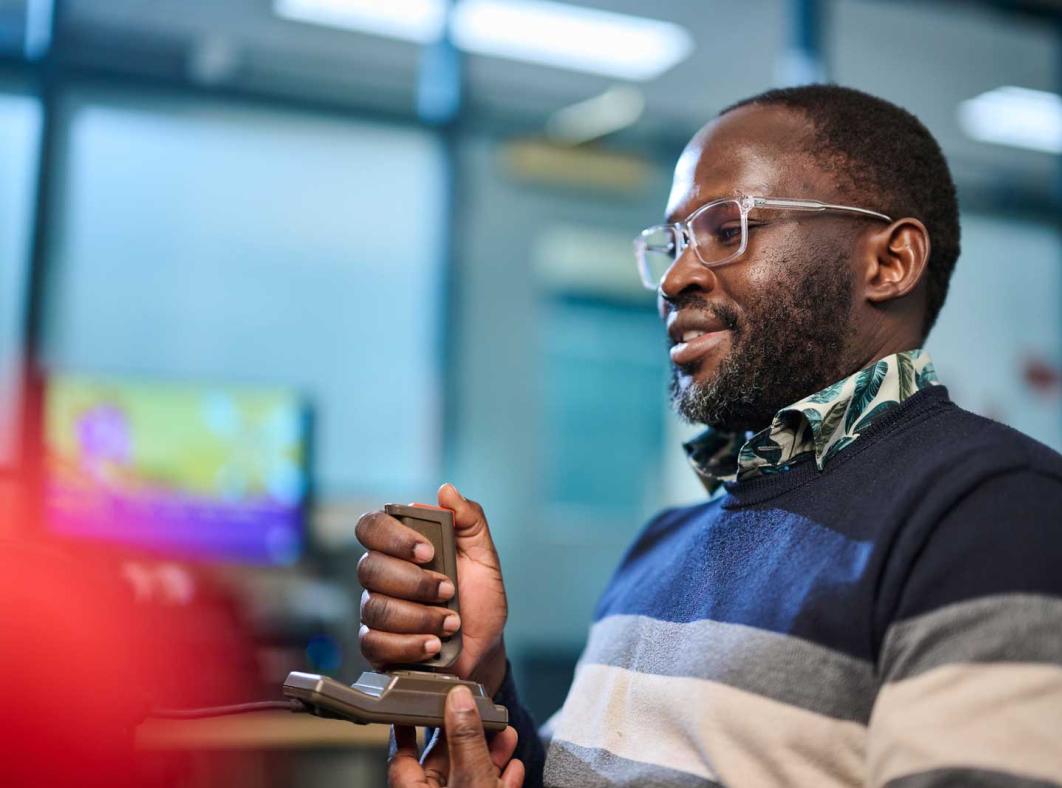
Key findings
Responses from a diverse range of groups showed video games are being collected and preserved for a variety of reasons – as artworks, objects of study, published works, technology, objects of play, intellectual property, contemporary media and cultural heritage.
While most organisations offered some form of access to their collections, challenges around legal and technical issues limited the extent of access provided.
Most public and cultural organisations performing video game preservation activities did this work without dedicated staffing resources.
Financial and resourcing issues, staff time constraints and institutional support/recognition posed the most significant challenges for organisations. Preservation activities were often mentioned as being critically under-resourced for the amount of attention they require.
In nearly all cases, public and cultural institutions performed video game preservation activities as a small part of their overall remit.
Organisations were almost twice as likely to hold software on physical carriers than contemporary digitally distributed video games, placing these contemporary titles at risk.
Organisations were more likely to face barriers of expertise in the early stages of developing their video game preservation programs, while legal and rights issues were raised more by organisations in the later stages.
Over half of the organisations surveyed had contact or formal agreements with the video game industry or developers, facilitating partnerships for preservation efforts.
Despite limited active partnerships between organisations and groups, participation in networks like the Software Preservation Network and the Digital Preservation Coalition was notable.
Respondents recognised the need for more structured collaboration and information sharing within the field, suggesting initiatives such as international associations and standardised cataloguing systems.
Game Not Over
Organisations around the world are hitting the start button on preserving our video game history.
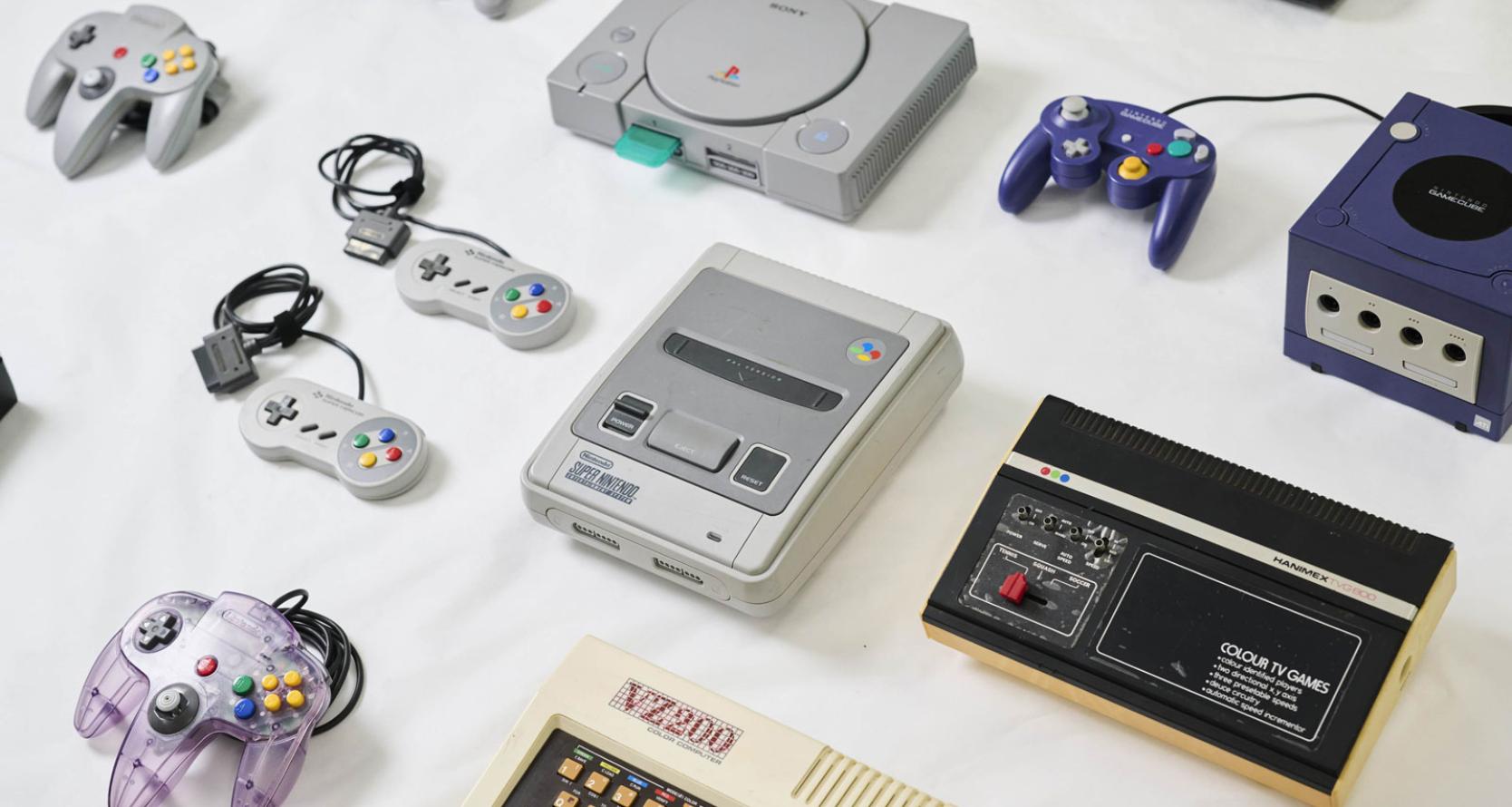
More on games
The NFSA’s video game collection continues to expand rapidly as the institution evolves in response to trends in media production and consumption in the 21st century.
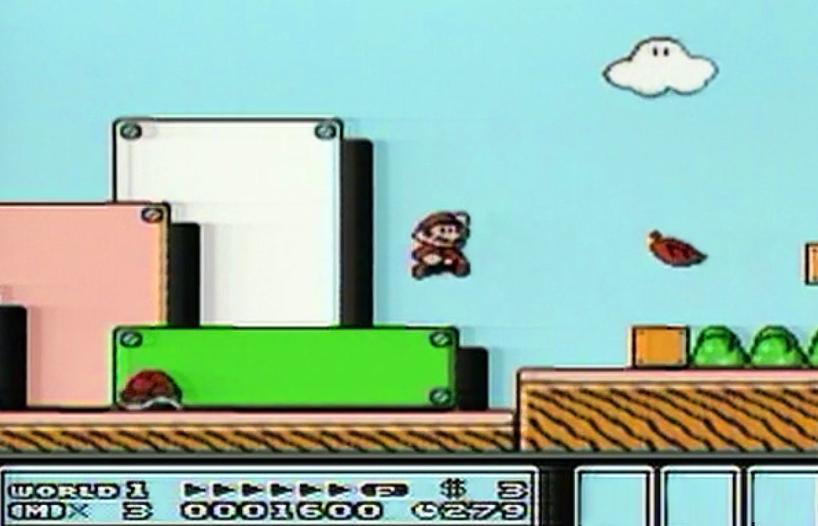
Advertising, news and reviews
The clips in this curated collection capture all the ways video games have intersected with Australian popular culture since the 1970s. Watch ads from the '80s and gameplay from the '90s. Listen to pop songs from the '70s and podcasts from the 2010s with more recent takes on gaming history.
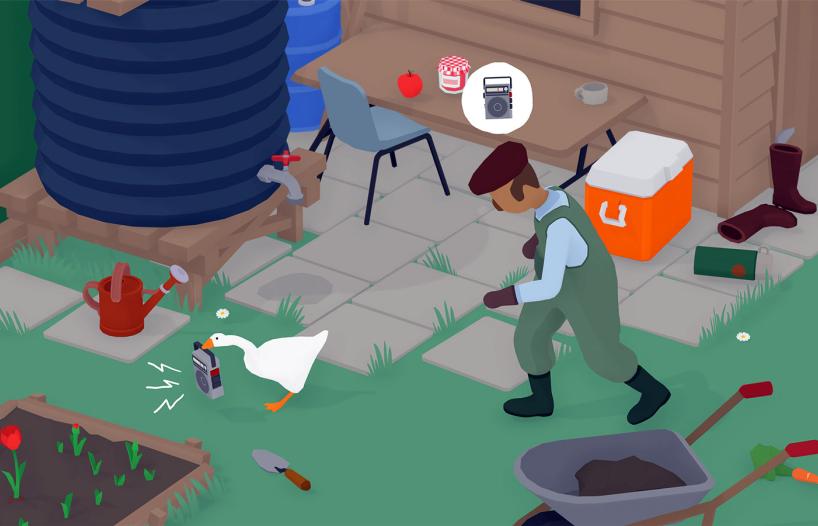
Video games at the NFSA
Like film, recorded sound, radio and television before them, video games have significantly impacted society. Video games are an immersive audiovisual medium that play a major role in contemporary popular culture. This collection features many of our more recent video game acquisitions from 2020 to now.
Research and innovation at the NFSA
The NFSA is internationally recognised as a leader in audiovisual digitisation and preservation, renowned for landmark initiatives and projects. We are investing in new audiovisual forms and the necessary digital preservation innovations required to maintain and make discoverable an increasingly born-digital collection.
We collaborate on and initiate research projects in Australia and our region, and participate in professional networks locally and internationally.
Discover more about Research and innovation at the NFSA.
The National Film and Sound Archive of Australia acknowledges Australia’s Aboriginal and Torres Strait Islander peoples as the Traditional Custodians of the land on which we work and live and gives respect to their Elders both past and present.
